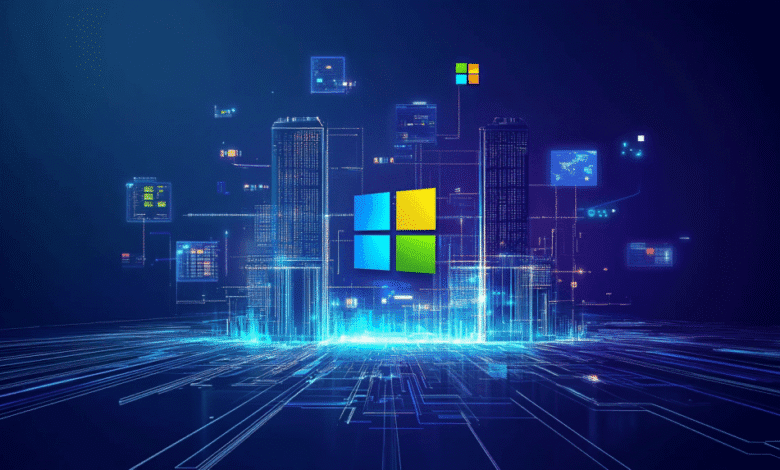Microsoft’s AI Discovers New Chemical in Just 200 Hours

▼ Summary
– Microsoft launched Microsoft Discovery, an AI-powered enterprise platform to accelerate scientific research by compressing years of work into weeks or days.
– The platform uses AI agents and high-performance computing, allowing scientists to tackle complex challenges without coding, democratizing access to advanced tools.
– Microsoft Discovery demonstrated its potential by discovering a novel data center coolant in 200 hours, a process that traditionally took months or years.
– The platform is being adopted by industries like pharmaceuticals (GSK), beauty (Estée Lauder), and semiconductors (Synopsys) to speed up R&D and innovation.
– Microsoft integrates ethical safeguards into the platform and plans to align it with future quantum computing capabilities for broader scientific breakthroughs.
Microsoft’s groundbreaking AI platform has achieved what would traditionally take years of research in just 200 hours, discovering a novel coolant for data center immersion cooling. This breakthrough showcases the transformative potential of artificial intelligence in accelerating scientific discovery and solving complex industrial challenges.
The system, known as Microsoft Discovery, leverages AI-powered “postdoc” agents to streamline research workflows, enabling scientists to explore vast datasets and simulate experiments without requiring advanced coding skills. By combining foundational AI models with domain-specific expertise, the platform can rapidly evaluate hundreds of thousands of potential solutions—dramatically reducing the time needed for innovation.
One of its first major successes was identifying a PFAS-free coolant alternative, a critical development as regulators worldwide move to restrict harmful “forever chemicals.” Traditional methods would have taken months or years to screen 367,000 candidates, but Microsoft’s AI accomplished this in less than two weeks. The new coolant was not only predicted but also synthesized and tested, proving its real-world viability.
Beyond data centers, industries ranging from pharmaceuticals to semiconductors are lining up to harness this technology. Pharmaceutical leader GSK is exploring its use in drug discovery, while Estée Lauder aims to accelerate beauty product development. Partnerships with Nvidia and Synopsys further expand its applications in materials science and chip design, demonstrating the platform’s versatility.
Microsoft’s approach democratizes high-performance computing, allowing researchers without deep technical backgrounds to interact with AI using natural language. This shift could level the playing field for smaller institutions, giving them access to tools once reserved for well-funded labs.
Ethical safeguards are built into the system, with Microsoft applying its responsible AI framework to prevent misuse. The company emphasizes transparency, tracking sources and reasoning to ensure trustworthy results.
Looking ahead, Microsoft Discovery is designed to integrate with quantum computing, positioning it as a long-term solution for even more complex scientific challenges. The ability to simulate molecular interactions at unprecedented speeds could revolutionize fields like chemistry and materials science.
The implications are staggering—what once took decades could soon be achieved in months or even weeks. As industries face mounting pressure to innovate sustainably, AI-driven discovery may become the new standard, reshaping how humanity tackles global challenges from climate change to healthcare.
Microsoft’s platform is now in private preview, with broader availability expected soon. If successful, it could mark the beginning of a new era—where AI and human expertise combine to push the boundaries of what’s scientifically possible.
(Source: VentureBeat)





